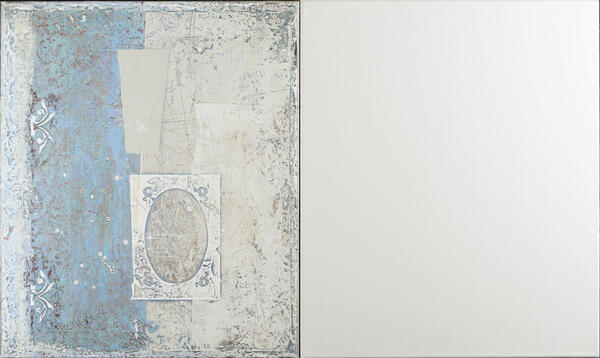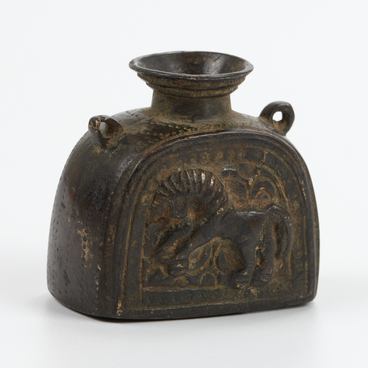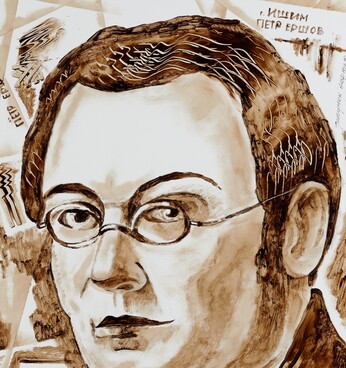Nikolay Danilevsky was born in 1965 in Leningrad in a family of geologists. His grandfather Alexander Danilevsky is an entomologist, one of the founders of the theory of insect photoperiodism (their sensitivity to the alternations of day and night). Danilevsky belonged to a noble family and was the sixth-generation grandson of Alexander Pushkin.
The future artist was fond of fine art since childhood but did not have an initial art education. His career choice was influenced by his mother, who was friends with the artists of the Leningrad underground art scene.
After finishing school, Danilevsky worked at a factory as a locksmith, then served in the army. After demobilization, he changed several jobs, and in 1989 he entered Serov Art School in Leningrad (now the St. Petersburg N.K. Roerich Fine Arts school), and afterwards Ilya Repin St. Petersburg State Academic Institute for Painting, Sculpture and Architecture. Danilevsky’s work was influenced by cinema, especially the aesthetics of noir with its atmosphere of pessimism, disappointment, and cynicism.
The future artist was fond of fine art since childhood but did not have an initial art education. His career choice was influenced by his mother, who was friends with the artists of the Leningrad underground art scene.
After finishing school, Danilevsky worked at a factory as a locksmith, then served in the army. After demobilization, he changed several jobs, and in 1989 he entered Serov Art School in Leningrad (now the St. Petersburg N.K. Roerich Fine Arts school), and afterwards Ilya Repin St. Petersburg State Academic Institute for Painting, Sculpture and Architecture. Danilevsky’s work was influenced by cinema, especially the aesthetics of noir with its atmosphere of pessimism, disappointment, and cynicism.



